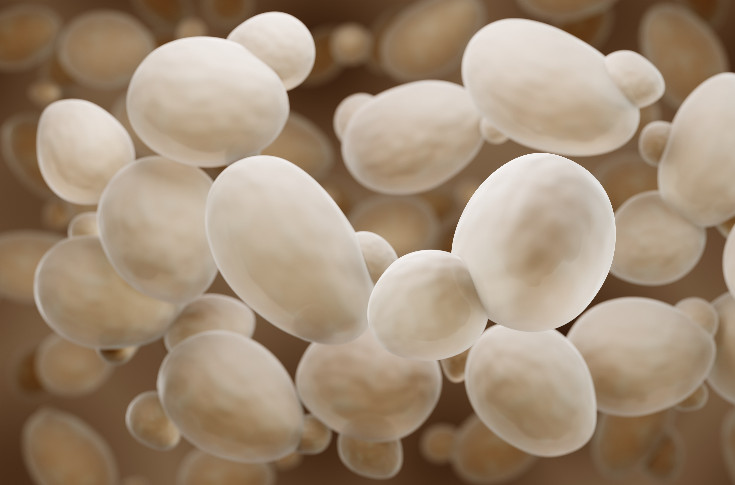French MP seeks to make yeast labelling mandatory for wines - common sense or an eccentric idea?

s the European Commission and Parliament work to simplify mandatory ingredient and nutritional labelling for wines at EU level, one French MP – Richard Ramos from the centre-centre-right MoDem party – has put forward a proposed law which would make labelling more complex. He aims to make it mandatory to “state clearly on the label that exogenous yeast has been added”. The premise for his proposal is that consumers are unaware of the composition of wine and frequent addition of yeast by winegrowers. He therefore wants “consumers to be aware of the products in the alcoholic drinks they choose”. The MP and his assistants declined to provide further details of the initiative, despite our requests. However, the wine industry was more forthcoming, with reactions voiced across-the-board, starting with Patricia Taillandier, a microbiologist and researcher at the Chemical Engineering Laboratory in Toulouse. “The proposal is totally outlandish. I cannot see how the consumer is being misled – all yeasts are native to grapes, whether they have been selected or not. Not to mention the fact that adding selected yeasts is a very widespread practice. It’s exactly what is done with bread, yoghurts and beer, to name a few. Why specifically target wine?”
Her viewpoint is shared by Didier Fages, chairman of the French oenologist organisation: “I am totally gobsmacked by this proposal which coincides with newly-minted labelling regulations within the European Union. Yeasts are not additives. They have been defined by law as winemaking aids due to the fact that they no longer occur in the end product. Hence the reason why they are exempt from any labelling statements”.
Predictably, Fages’ opinion is not shared by the ‘natural method’ wine producers’ organisation, which promotes use of native yeast in its charter of commitment. Gilles Azzoni, a winegrower in Ardèche and the association’s deputy secretary, thus feels that the proposal makes sense and is necessary. “Mentioning the origin of the yeast can provide indications to the consumer about the style of the wine and techniques used for example. However, I don’t know how it will help the average consumer who chooses wines based on many other cues”.






